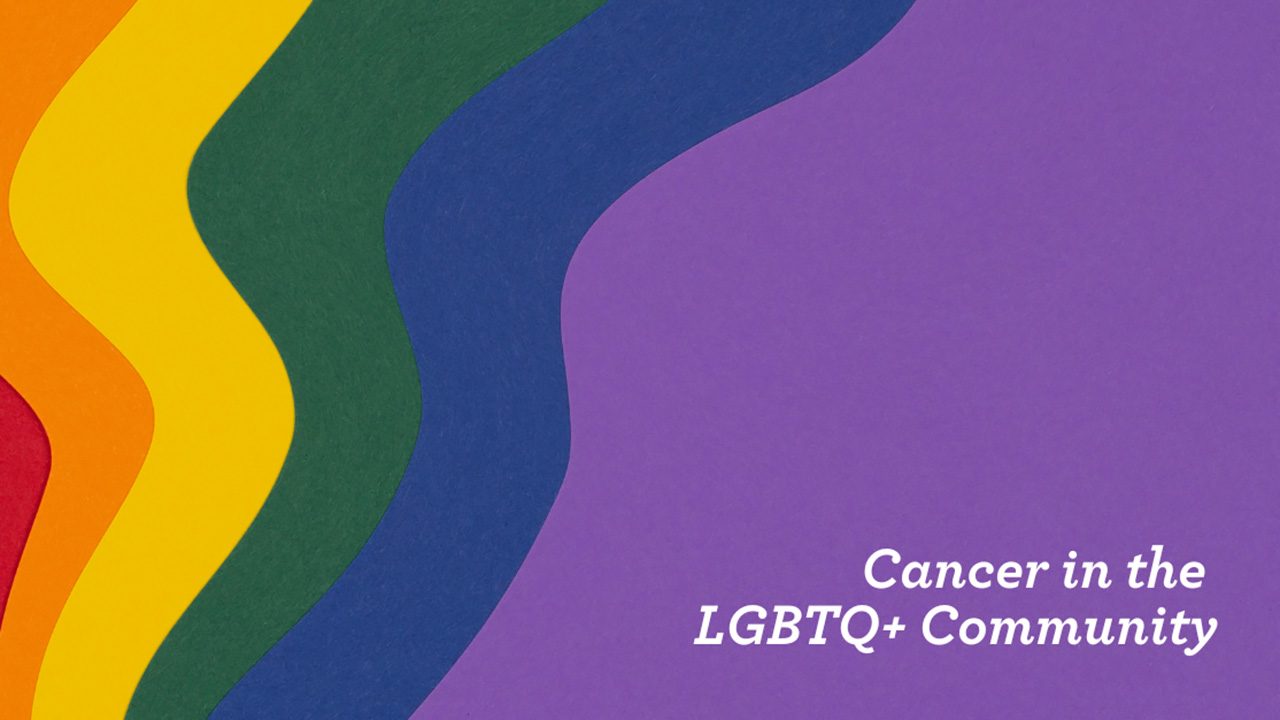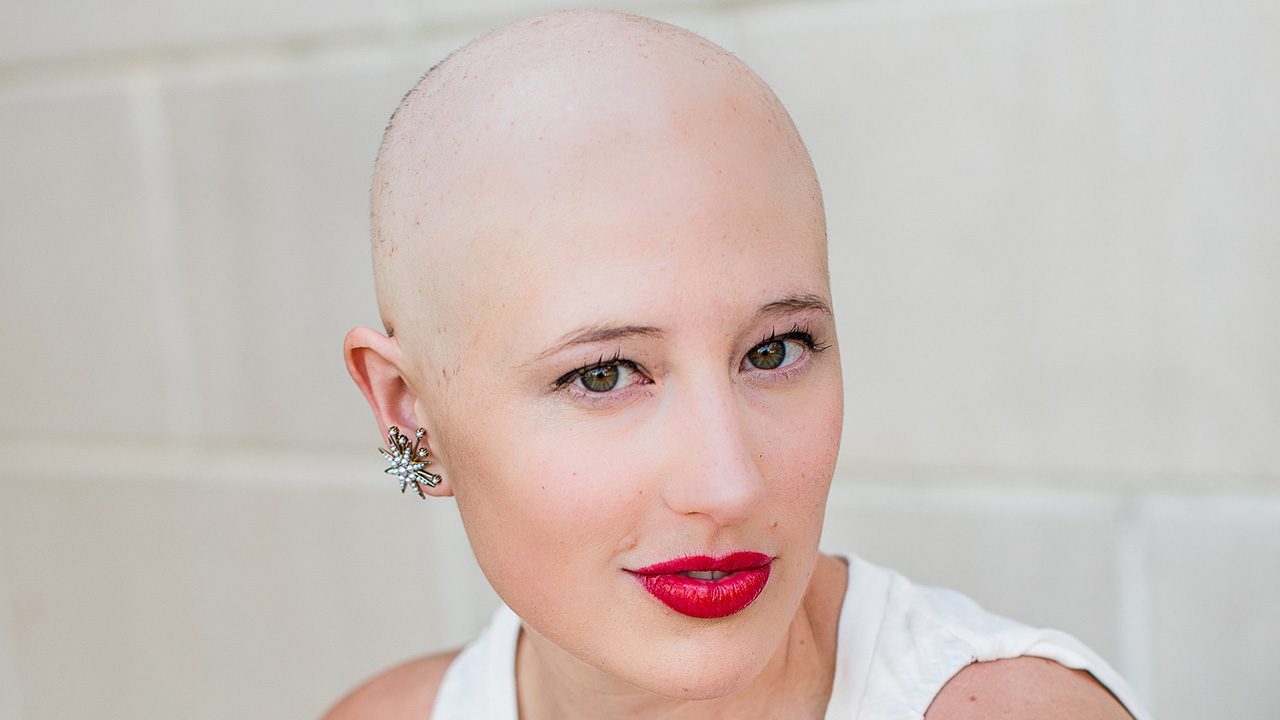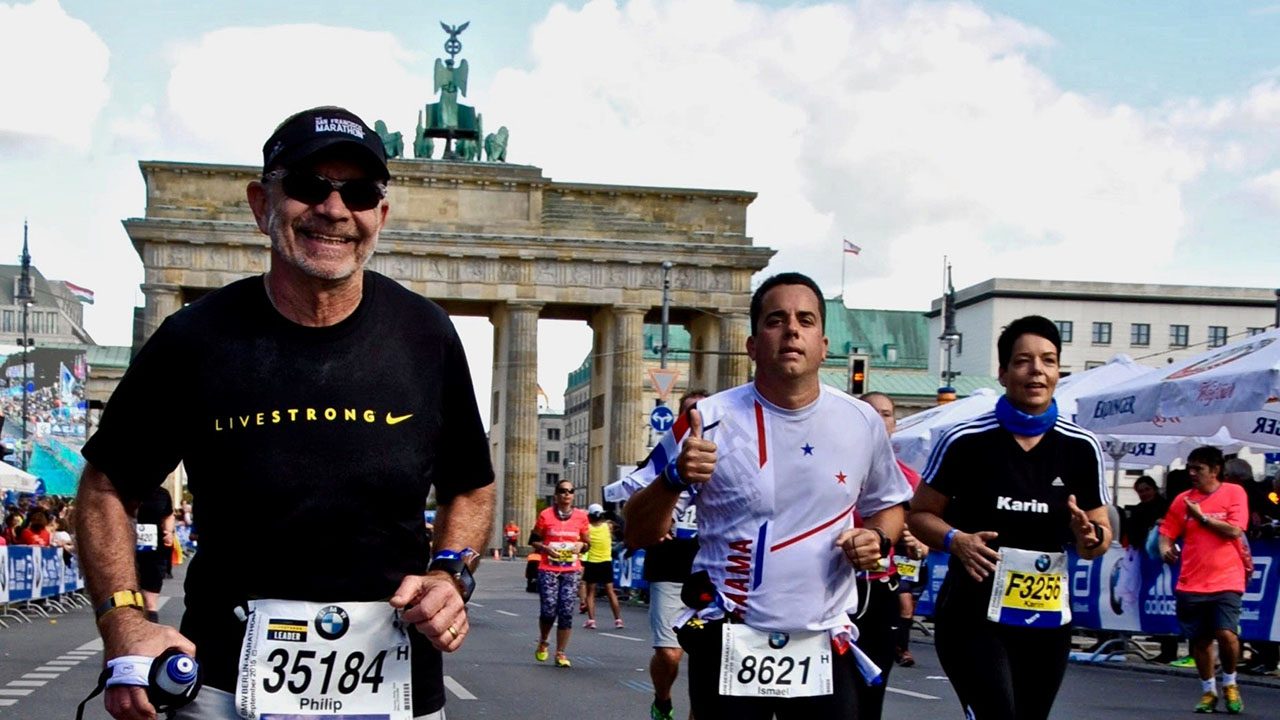Cancer in the LGBTQ+ Community: Person-Centered Resources

Living After Cancer Treatment Brochure
Livestrong’s Living After Cancer Treatment-LGBTQ+ Brochure offers resources related to the physical, emotional, and day-to-day concerns of LGBTQ+ cancer survivors.
Cancer in the LGBTQ+ Community: Innovation Conversation by Livestrong
At Livestrong’s Icon Summit, Scout, CEO of the National LGBT Cancer Network, shared results of their OUT Survey that shed light on the unique challenges members of the LGBTQ+ community face when diagnosed with cancer.
American Cancer Society
Cancer Facts for Lesbian and Bisexual Women
Cancer Facts for Gay and Bisexual Men
GLMA: Health Professionals Advancing LGBTQ+ Equality
“GLMA is a national organization committed to ensuring health equity for lesbian, gay, bisexual, transgender, and queer (LGBTQ+) communities and equality for LGBTQ+ health professionals in their work and learning environments. To achieve this mission, GLMA utilizes the scientific expertise of its diverse multidisciplinary membership to inform and drive advocacy, education, and research.”
National Coalition for LGBTQ Health
“The National Coalition for LGBTQ Health is committed to improving the health and well-being of lesbian, gay, bisexual, and transgender individuals through federal and local advocacy, education, and research. The Coalition addresses the entire LGBTQ community, including individuals of every sexual orientation, gender, gender identity, race, ethnicity, and age regardless of disability, income, education, and geography.”
National LGBT Cancer Network
“The National LGBT Cancer Network works to improve the lives of LGBT cancer survivors and those at risk by:
- EDUCATING the LGBT community about our increased cancer risks and the importance of screening and early detection;
- TRAINING health care providers to offer more culturally-competent, safe and welcoming care; and
- ADVOCATING for LGBT survivors in mainstream cancer organizations, the media and research.”
Livestrong Support
We offer free, personalized support to cancer survivors, caregivers and loved ones. Click to get started.

